Our Mission
This mission page is a living document, a declaration to the world on the stand we are taking, amidst a changing climate, as our best effort to nudge humanity into a future with equality, food security and community for all. When you make a purchase, or list a product for sale on the Carrots Platform, you're directly contributing to these missions.
01
01. Promote Local over Global
We believe food is meant to be local, to be grown with love by people with passion, by our neighbors. Not only does this food taste better and have more nutrition, it’s much better for the environment. The global food system now accounts for between 19 and 29 percent of world greenhouse gas emissions[1]. The word global here is important, because it’s in the context of global trade. Shipping produce from countries abroad comes at a great cost to the environment. Carrots is working to provide simple and easy choices to consumers which can begin to make a change for the better.

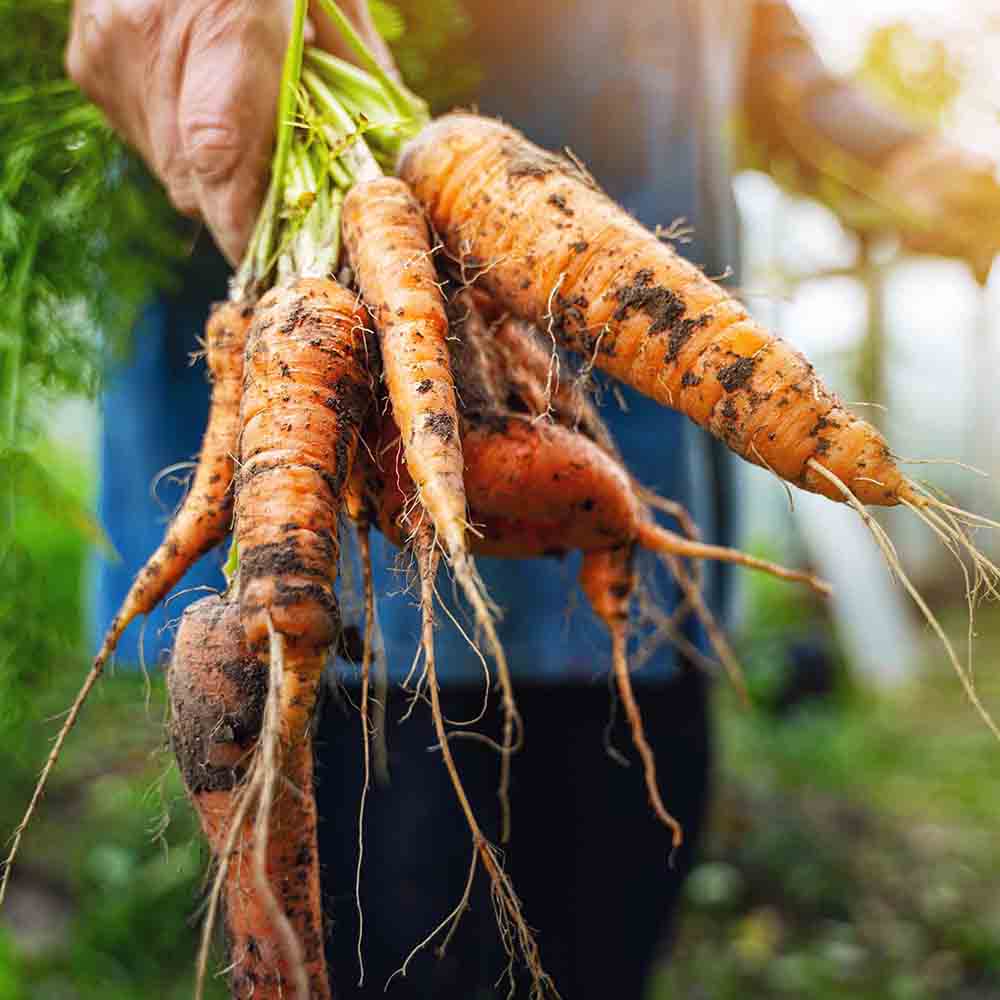
How It's Grown
Carrots foods are grown using a variety of methods which are specifically indicated on each listing, so you know exactly how it’s grown. You can learn more about our quality indicators here.

How Much is Utilized
Carrots is able to eliminate the grocery store model for all foods purchased on our platform, and thus, the waste associated with the grocery store model as well. This ensures that any waste for the foods we distribute, come from the end-user, not the supply line.

How It's Distributed
By using Carrots, you are ensuring that none of the food you purchase has been subject to long haul freight. This means no airplanes, no shipping containers, no tractor trucks and minimal emissions. We provide a local distribution network for in-community deliveries.
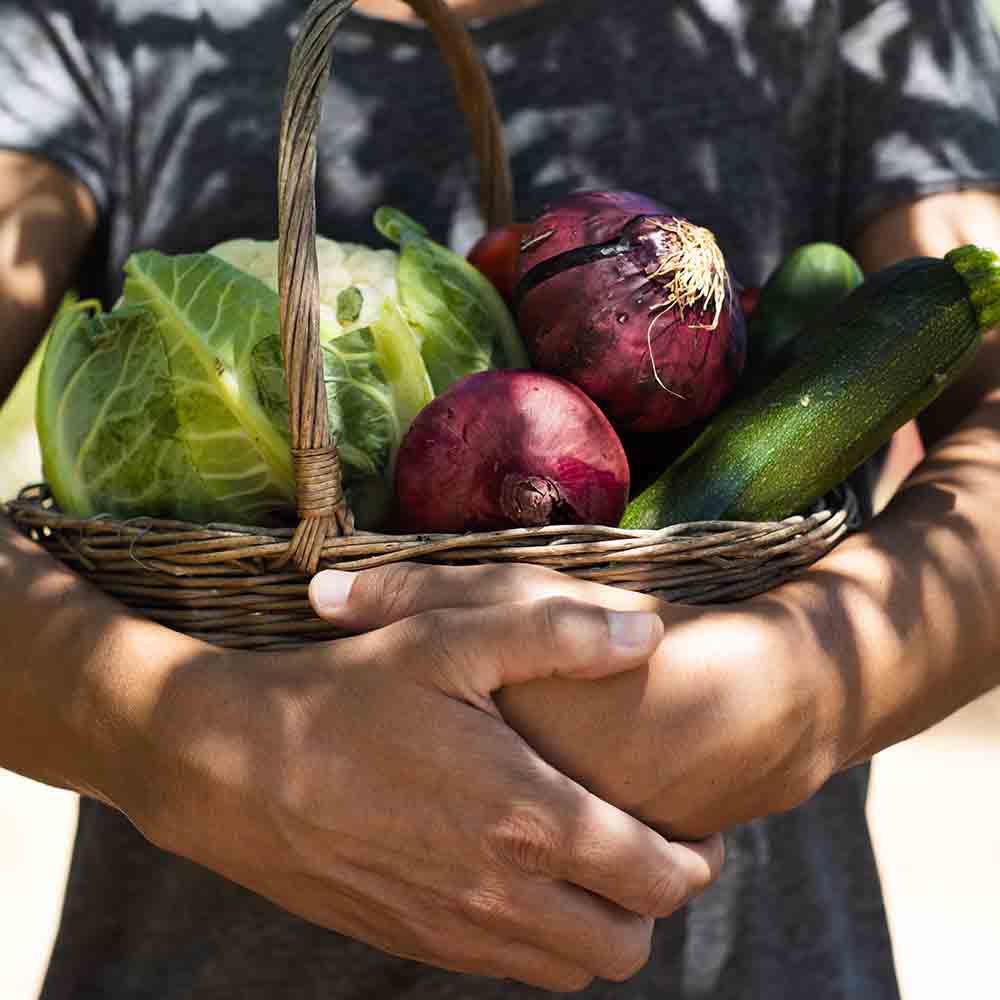
Who Grows It
Carrots foods are typically grown by small and medium sized farms within a local community. These foods are grown by farmers who care about the quality of their food and place their name behind the products they grow.
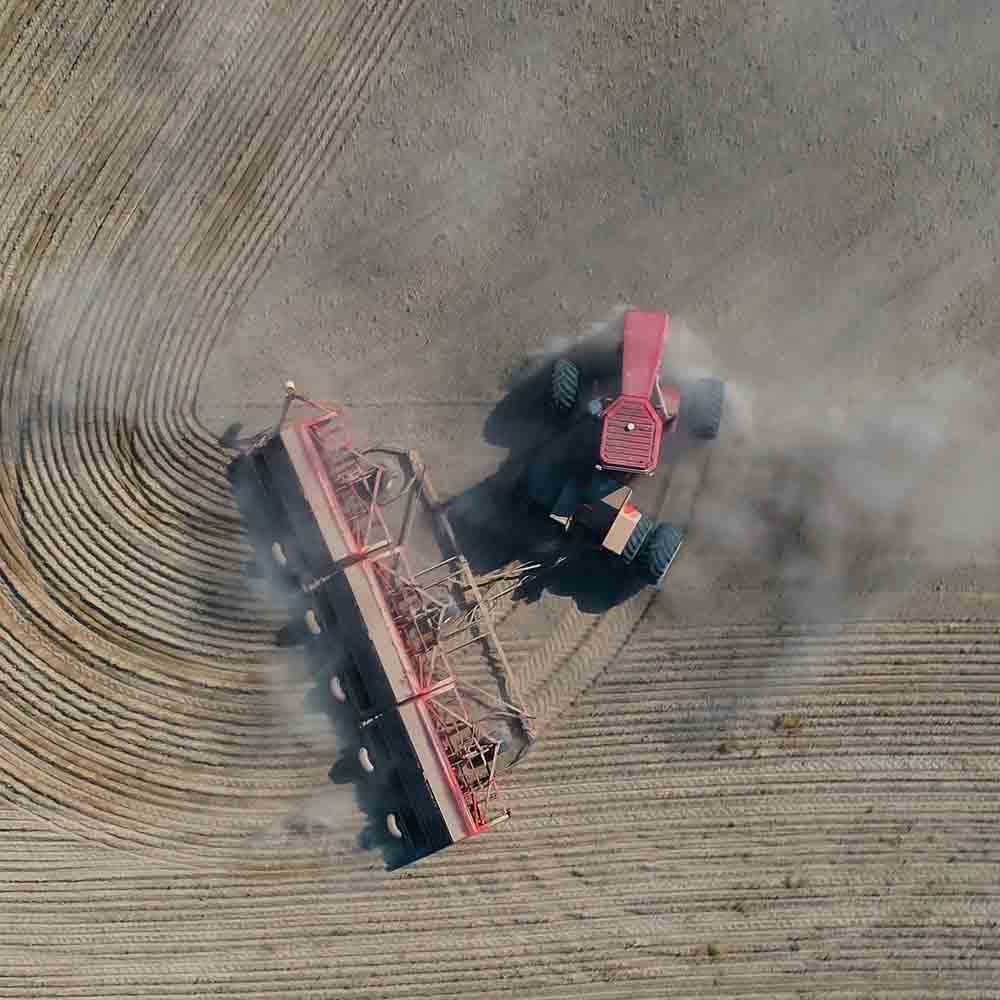
How It's Grown
Global produce is typically grown using large monocrop techniques on industrial scale farms which deplete soil quality and utilize synthetic inputs. Further, these foods are commonly harvested prior to ripening in order to provide additional shelf life so the product can be shipped long distances without spoiling.[1]
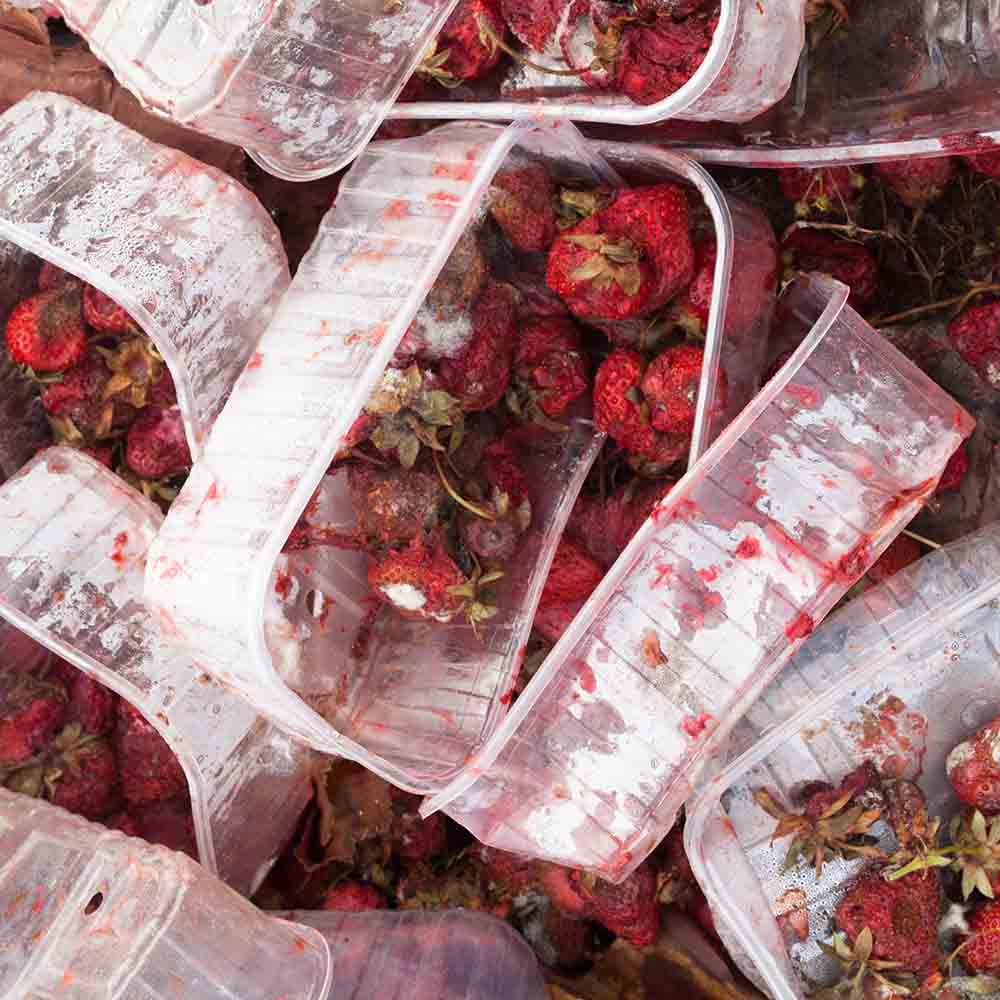
How Much is Wasted
Even with the tremendous emissions from conventional farming via global trade, about a third of this food ends up as waste. This is partially due to product turnover on grocery store shelves in order to maintain those aisles of fresh looking produce.[2]

How It's Distributed
Perishable foods are overwhelmingly shipped via air-freight. This is the highest emission method of transportation possible per lb. of food sold. As soon as food is harvested, it begins to lose nutritional value, up to 30% in the first 3 days. As an example, the average apple in the grocery store is over 14 months old by the time it is purchased and consumed.[3]
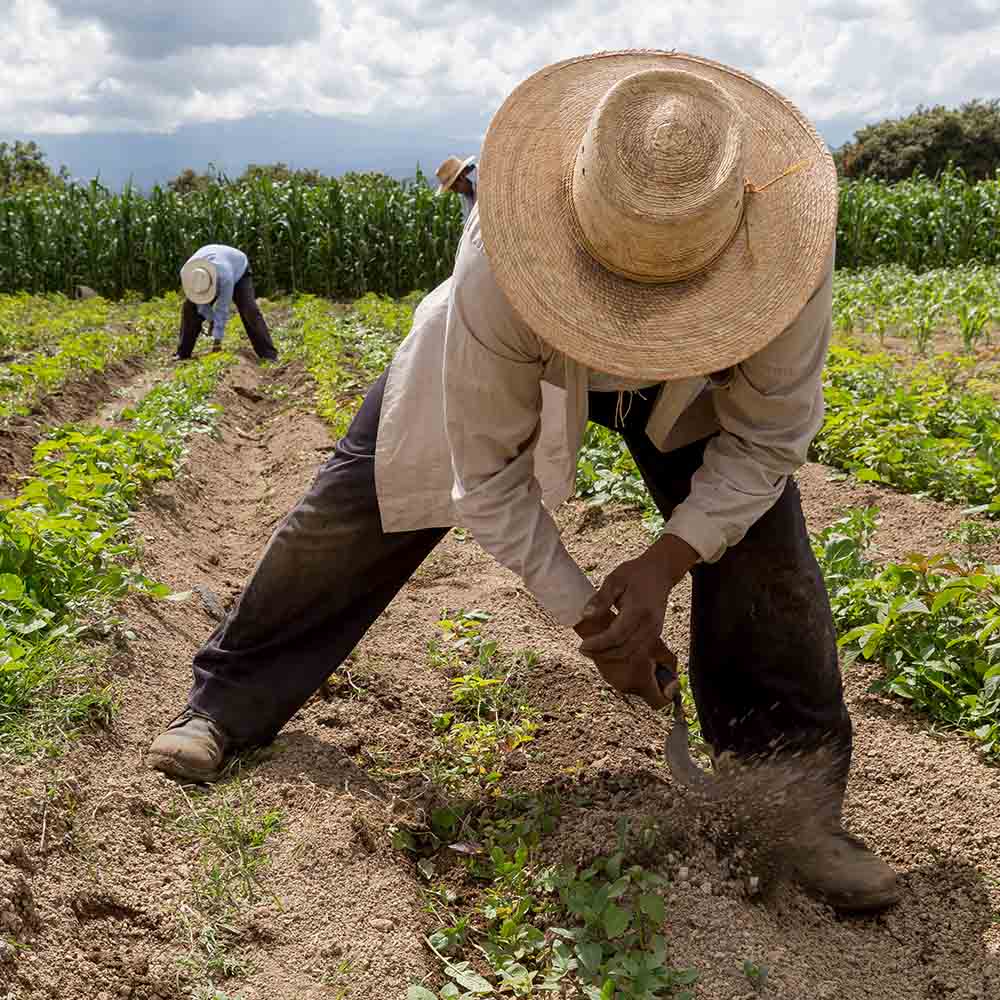
Who Grows It
Because foods can be shipped around the world, farms in countries with cheap labor are able to price foods at highly competitive rates often undercutting locally grown options. This process, however, can take advantage of the laborers by large distributors passing costs down the value chain.[4]
02
02. Support Small Holder Farms
Smallholders are small, typically single-family farms that produce food both for subsistence and for sale. Smallholders are common throughout Europe and Asia and make up roughly 70% of farms in these regions. Smallholder farms tend to be more profitable and productive per hectare than large farms, but can be more subject to economic pressure. Providing these farms with the support they need and encouraging new smallholder farms to develop is a crucial step toward true food sustainability.
Carrots Partnering with Smallholders
New Jobs/Income Sources
Carrots recognizes that the only way to generate a resilient and plentiful smallholder community of farmers is to onboard new farms within the community. This means signing up and educating new growers who will utilize small community plots, rooftops and yards to produce food. Carrots also recognizes the need to educate and support this community as it develops.
Carrots Platform and Network Stability
Stability is essential for farmers to operate with consistent margins and predictable profitability, especially for smallholders. The Carrots Platform provides a direct to consumer, year round marketplace for farmers. Further, the Carrots Farmers Network provides the opportunity for farmers to win contracts for reliable demand.
Disaster Preparedness and Resilience
Smallholder, in-community farms provide a tremendous buffer against supply interruptions due to natural disasters. As witnessed through the COVID-19 pandemic, our supply networks are susceptible to interruptions which can leave communities without essential supplies. Smallholder farms cannot be underestimated in their ability to fill this need in difficult times.
Competitive Edge Against Big Ag
For smallholder farms to be an enticing opportunity for new income generation, they need to have economic support. Carrots can provide this support through intelligent demand reporting, and consistency. Farms operate best, when they know that their product will have a market.
03
03. Powered by Carrots™
Powered by Carrots™ is an initiative driven division of Carrots which focuses on empowering local communities and Smallholder farms through economic and educational support. These initiatives set Carrots apart and are built into the Carrots business plan as direct actions which benefit communities and climate.
Powerful, initiative driven, results based activism directly benefiting communities and climate.
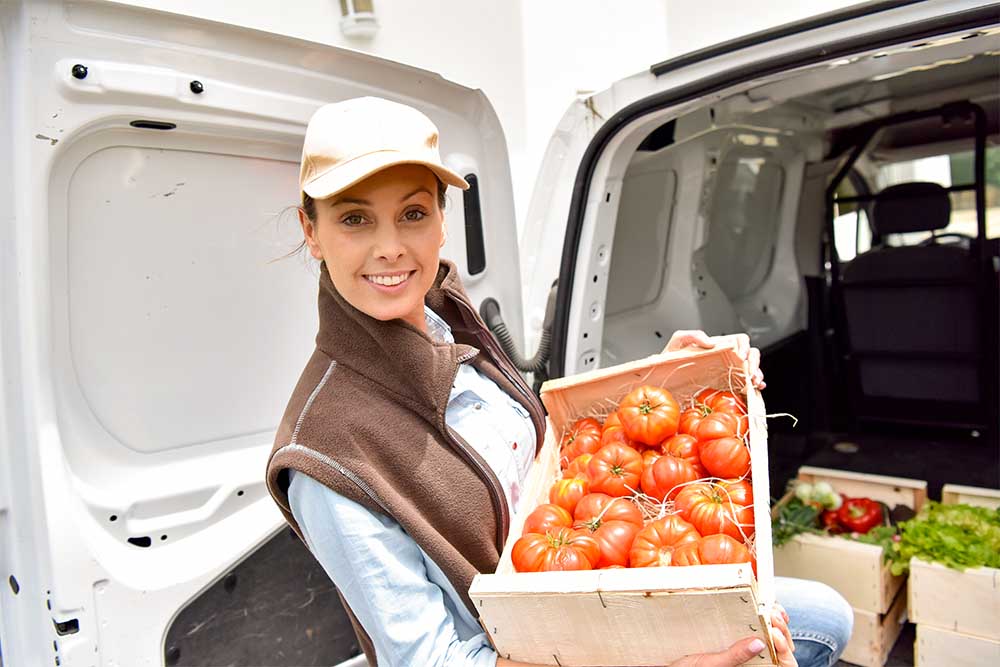
Carrots Farmers Network
Providing incentives and stability to approved farmers within the Carrots Platform. This organized network allows Carrots to provide contracts for fulfillment to Smallholders. Carrots, in turn, is able to provide stability and consistency to larger organizations, while still utilizing locally produced foods.

Carrots Rooftop Farms
Searching for and leverageing partnerships with landlords and property management companies to turn their roofs into rooftop farms. These plots of "land" become available for use by the Carrots Farmer Network with special provisions for underprivileged, female and minority farmers.

Carrots Kitchens
Creating manufacturing facilities that produce food staples through 100% locally sourced foods. These kitchens provide contracts for fulfillment by the Carrots Farmers Network and distribute the processed foods to local grocery stores, food banks and retail outlets.

Carrots Campuses
Creating shared spaces open to the public which provide community related services. These locations serve as a public example of micro farming techniques, as well as event space for various community awareness platforms including food literacy drives and farming technique education.
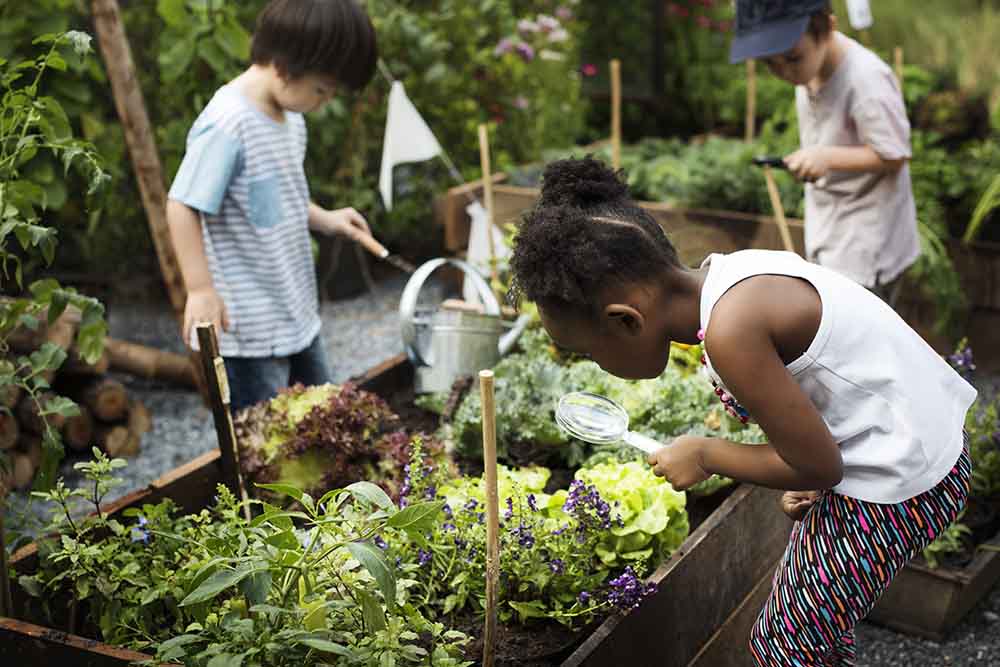
Food Literacy Drives
Organizing community events where attendees are educated on healthy choices of foods. Concepts like hidden hunger, obesity, nutritional deficiencies and the benefits of consuming healthy diets.
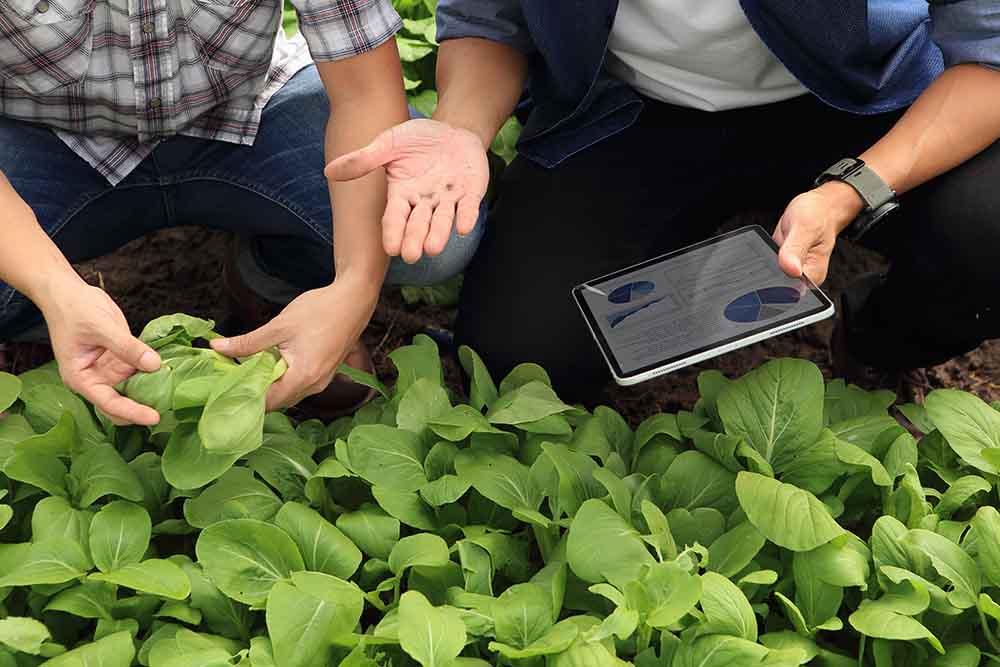
Carrots Food Data Trust
Implementing the data that is entrusted and voluntarily provided to Carrots by users of the Carrots Platform to provide farmers with actionable insights by leveraging advanced technologies such as AI.
04
04. Long-term Agenda
Carrots was founded with the long-term in mind. As a company, Carrots is determined to meet the socio-economic challenges of a changing climate and do our part to increase equality, food security and community for all.

We believe that as we enact our business plan, we will be in a position to not only fully align with the United Nations 2030 Agenda as a company, but to also assist governments, both domestically and abroad in doing so as well.
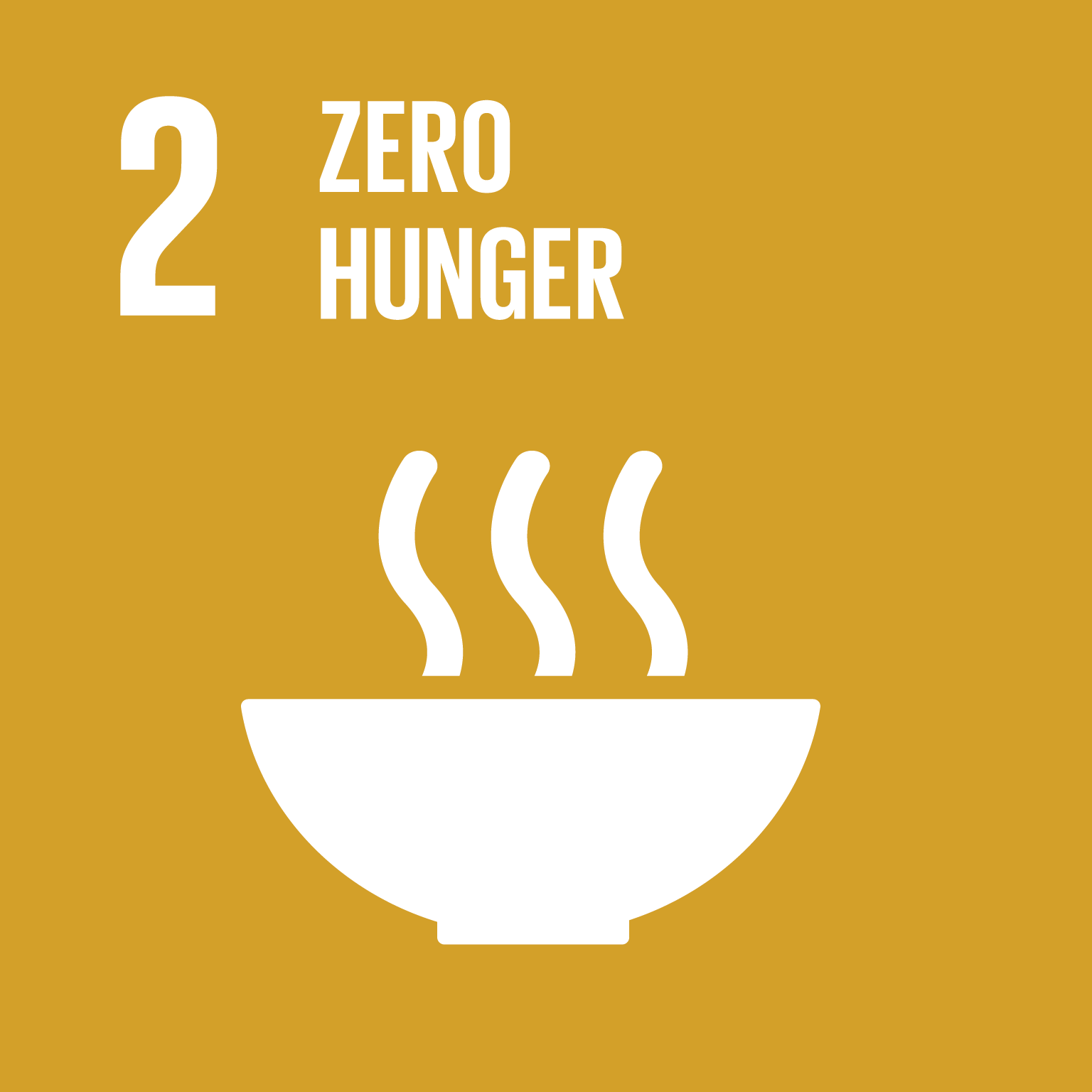
Zero Hunger
The total number of persons suffering from severe food insecurity has been on the rise since 2015, and there are still millions of malnourished children. The economic slowdown and the disruption of food value chains caused by the pandemic are exacerbating hunger and food insecurity. Carrots is determined to directly address food insecurity through the development of new smallholder farms. This two-birds with one stone type approach allows for increased local food production while providing the local economy with new jobs. We believe there is no better way to address food insecurity.

